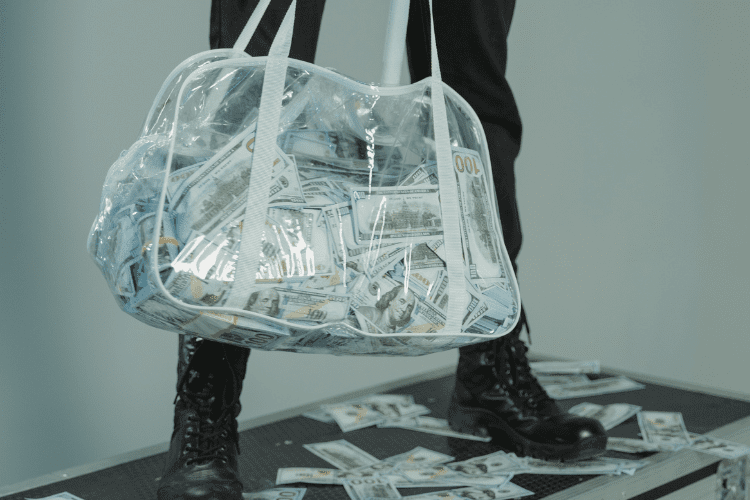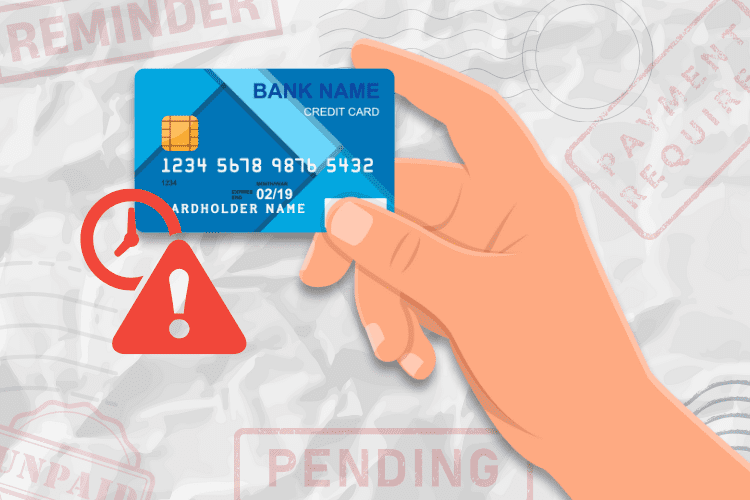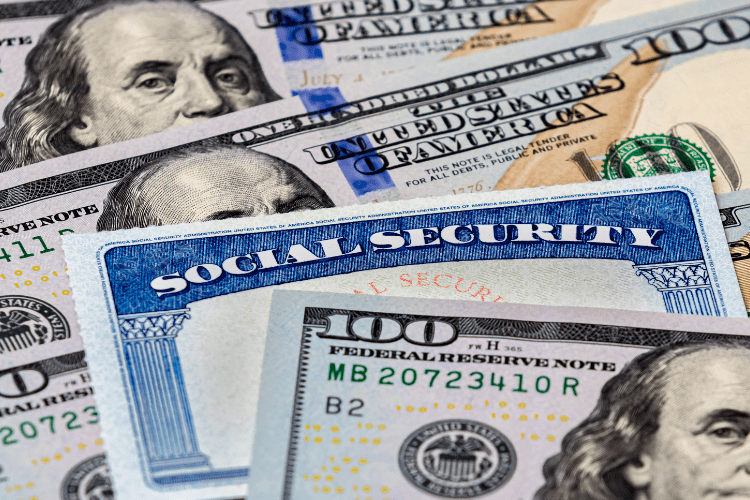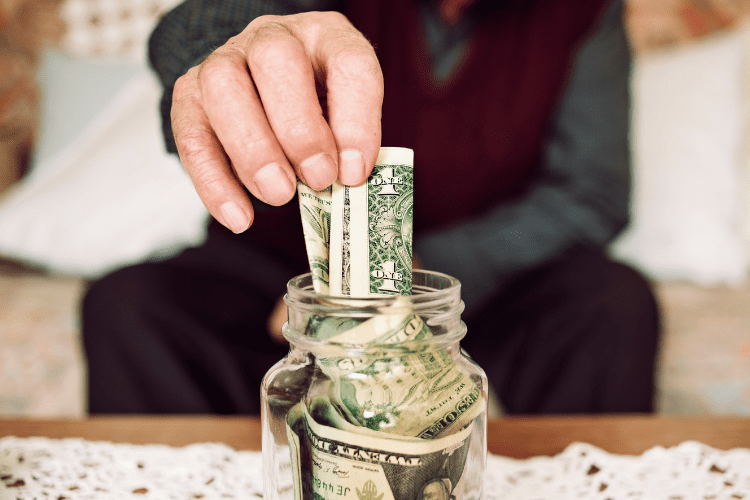Is My Money Safe in a Bank?

When you deposit money into your bank account, you just assume your money is safe. You don’t think about a crisis that would affect your money. However, a lot has happened in the banking industry over the past several months to cause us to pause to ask this question: is my money safe in a bank? After all, a few mid-sized banks have recently collapsed.
Rest assured, as long as your money is in a bank backed by the Federal Deposit Insurance Corporation (FDIC), your money is entirely safe . . . up to a certain amount.
What Happens To My Money After It’s Deposited?
Never think that when you deposit money into a bank, your money is just sitting there untouched. While on record, your money is deposited into a bank account, most of your money is never physically at the bank. The bank uses the money you deposit to dish out loans to make even more money by charging loan fees and interest. Capital requirements require financial institutions to have at least 10% of your money on hand for withdrawals and account closures.
What is Deposit Insurance?
In 1933, the Federal Deposit Insurance Corporation (FDIC) was established by the government after the great depression of 1929, to give people more protection with their money. The FDIC is an independent agency that guarantees to back up to $250,000 per depositor, account type, and institution. This means that should a bank suffer a bank failure; the deposit insurance covers your principal amount and any interest owed to you up to $250,000 in combined total balances.
FDIC insurance is not something you have to apply for. As long as your banking institution is FDIC-insured, your money is automatically covered when you open an account. The types of accounts covered by FDIC insurance include savings, checking, money market accounts, and certificates of deposits. Deposit insurance does not cover stocks, bonds, mutual funds, Treasury securities, life insurance, annuities, or whatever’s in your safe deposit box.
Credit Unions are also insured by the National Credit Union Administration (NCUA), which is similar to the FDIC and backed by the federal government. It also ensures up to $250,000 per customer in total deposits.
How To Keep Your Money Safe At All Times
Deposit Only in FDIC and NCUA-Insured Institutions
As long as your bank or credit union is FDIC-insured or NCUA-insured, you can rest at night that your money is safe, even in the wake of a bank failure — as long as you don’t have more than $250,000 at that bank. To know if your financial institution is adequately insured, contact the bank itself and ask, look for the FDIC or NCUA sign on the bank’s premises, or call the FDIC at 877-275-3342.
Sure, you can keep your money at home, under your mattress. Still, there’s no guarantee that your homeowners or renters’ insurance will cover the total amount of loss of your money in the event of a theft, fire, or some other severe natural disaster. Money deposited in an FDIC or NCUA bank institution is not subject to those types of risks.
Also, while bank interest may not fare as much as we would like, you get absolutely no interest with your money kept at home. In this inflationary environment, that doesn’t help you at all.
Use Multiple Bank Institutions
Most of us don’t have more than $250,000 in an account — anywhere. But, in the event that is the case, it’s a good idea to spread your money across multiple banks — to avoid exceeding the FDIC and NCUA insurance limits.
Be Vigilant of Scams and Identity Theft
Banks have taken precautions to protect your money as best as possible. They even have a wide spectrum of tools to help identify possible identity theft or fraud cases. You can also do your part by protecting it even more. Be vigilant about scammers vying for the opportunity to steal your debit or credit card information. There are many phishing schemes created just to steal your information. They come through shady links in emails and other transactions; all it takes is one click to wipe your account.
The Bottom Line
Despite the recent rise in bank failures, your money is safe as long as it fits within the guidelines of an FDIC or NCUA-backed institution. Even when it comes to identity theft, banks absorb most of those losses without having any impact at all on their customers. So, while you may question whether your money is safe in a bank, odds are your money is probably better off there than not.
Read More:










